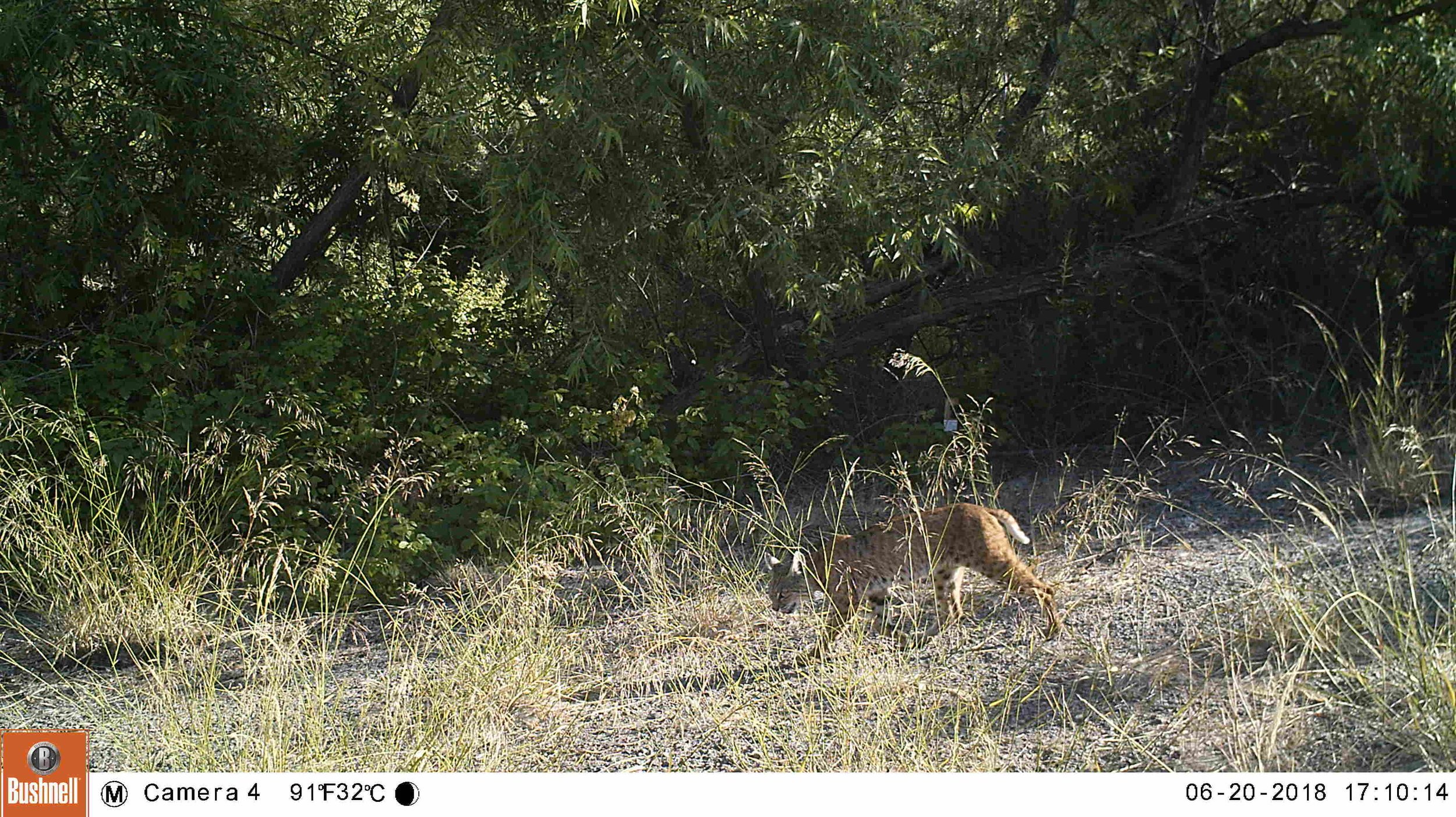We live on an urban planet.
Although cities are built for people, wildlife make homes in them as well. Some species have always lived in urban areas, including pigeons, squirrels, and mice, but others have adapted to cities more recently, such as coyotes, foxes, and raptors. These species can inspire and fascinate us, helping to enrich our urban experience.
Every urban region is different, and each has its own unique suite of wildlife. The Urban Wildlife Institute (UWI) at Lincoln Park Zoo formed to conduct the science needed to ensure that humans and wildlife can co-exist in urban areas, and that cities can contribute to biodiversity conservation around the world. UWI pioneered new strategies for long-term data collection on urban species and has assembled the largest repository for urban wildlife data in the world. Though we have advanced scientific understanding about some urban-dwelling species, to holistically protect wildlife on an urbanizing planet we need to think much bigger.
Until recently it has been impossible to make comparisons across cities because there was no shared methodology, no mechanism for sharing data, and no framework for urban wildlife researchers to connect and compare their findings. The Urban Wildlife Information Network (UWIN) was created by UWI as an alliance of urban wildlife scientists committed to conducting research to enhance our knowledge of urban wildlife and their relationships with people.
Research intern, Marlen Terrazas, checking camera traps around Chicago
We are seeking partners in cities around the world as we build the first global network collecting urban wildlife data. This network provides tools for scientists, city planners, and wildlife managers to understand, conserve, and manage wildlife on our rapidly urbanizing planet. Currently, UWIN has developed methodologies to collect, analyze and interpret wildlife data via camera trap surveys. Additional methods, such as acoustic monitoring and bird counts, can be integrated into camera trap data analyses. We are also interested in developing network wide protocols for other data collection methodologies so they too can be compared across cities.
Become a partner
Interested in joining UWIN?















